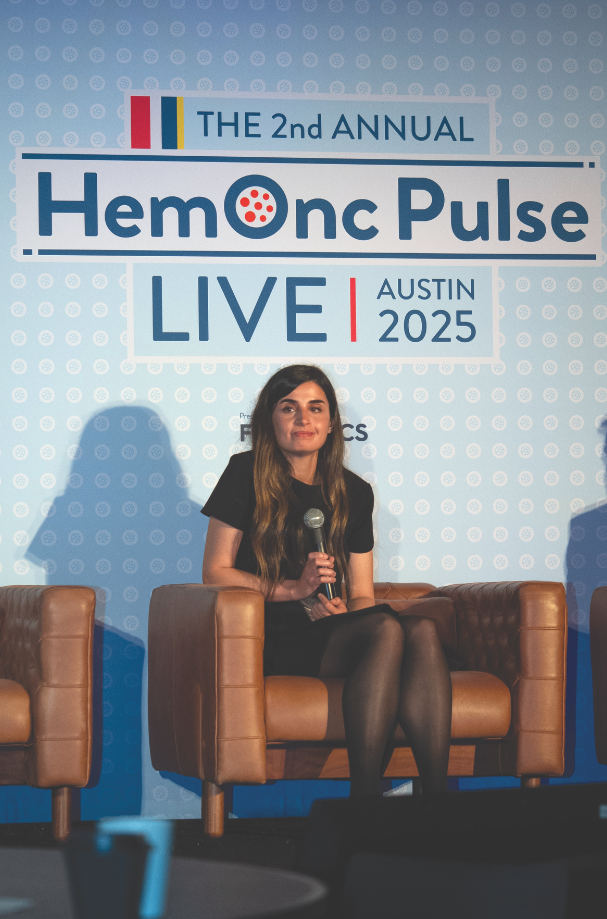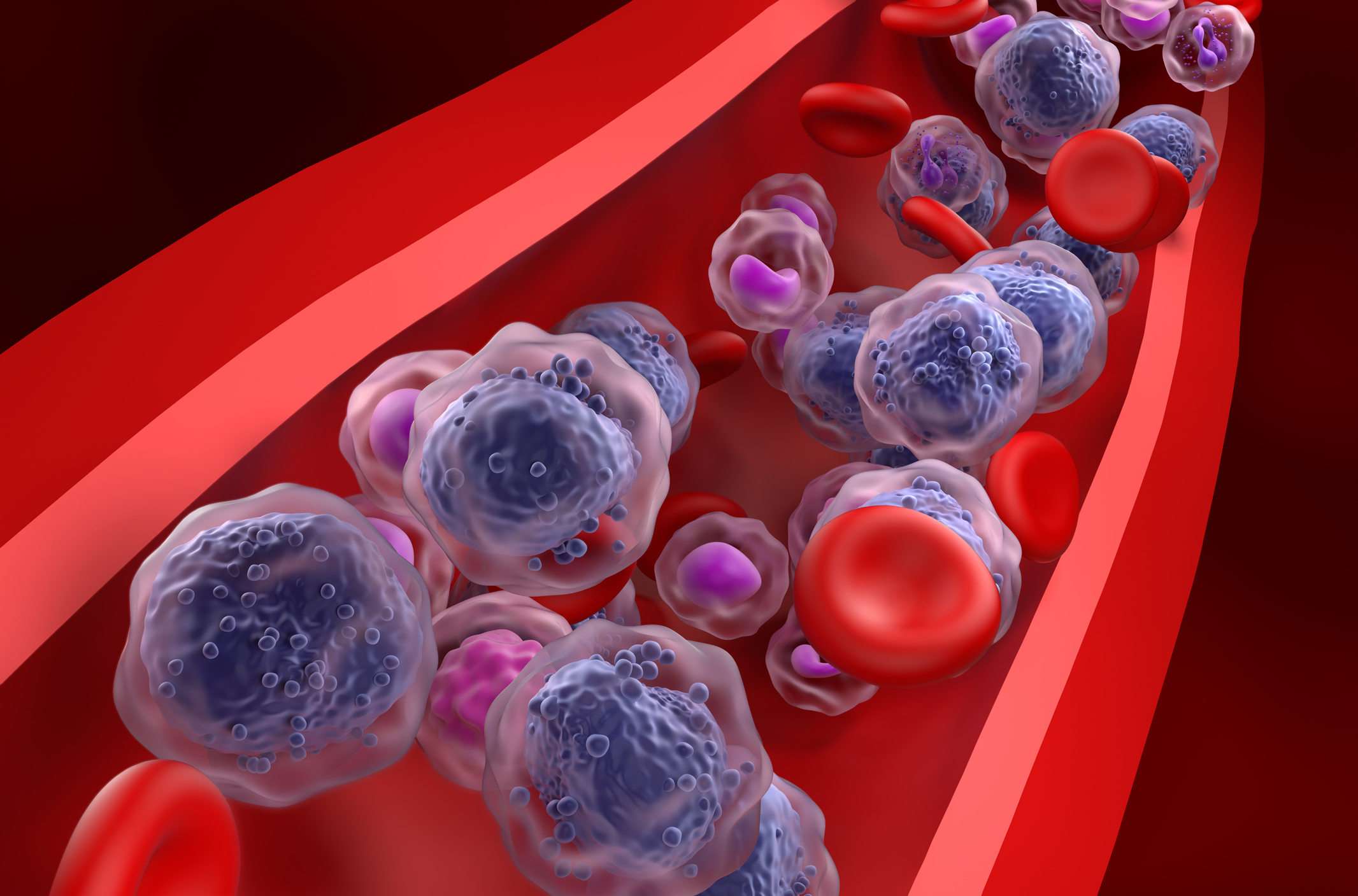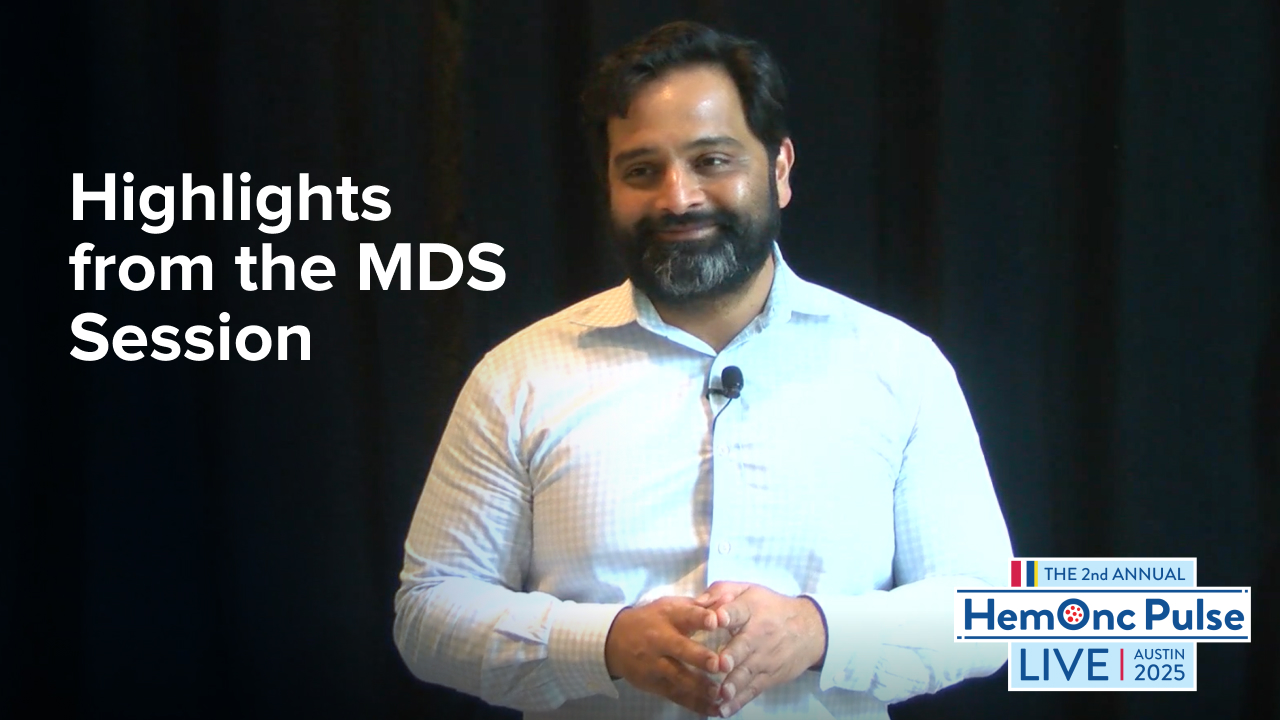
The US Food and Drug Administration (FDA) has approved luspatercept-aamt (Reblozyl) for the treatment of anemia without previous erythropoiesis stimulating agent (ESA) use in adults with very low- to intermediate-risk myelodysplastic syndromes (MDS) who may require regular red blood cell (RBC) transfusions.
The expanded indication to the frontline setting is based on interim results from the pivotal phase III COMMANDS trial, in which luspatercept-aamt demonstrated “superior efficacy of concurrent RBC transfusion independence and hemoglobin increase compared to epoetin alfa, an ESA, regardless of ring sideroblast status,” according to a news release from Bristol Myers Squibb, the manufacturer of the drug.
The phase III COMMANDS trial showed 58.5% of patients receiving luspatercept-aamt achieved the primary endpoint of RBC transfusion independence for at least 12 weeks with a mean hemoglobin increase of at least 1.5 g/dL within the first 24 weeks, while only 31.2% of patients receiving epoetin alfa did (P<.0001). The most common (>10%) adverse reactions were diarrhea, fatigue, hypertension, peripheral edema, nausea, and dyspnea.
“For patients with lower-risk MDS, current standard therapies, including ESAs, have provided limited benefit in controlling anemia with only one in three patients responding for a duration of six to 18 months,” said Guillermo Garcia-Manero, MD, lead investigator and Chief of the Section of Myelodysplastic Syndromes at the University of Texas MD Anderson Cancer Center, in a statement. “Results from the COMMANDS study showed nearly twice as many patients treated with Reblozyl achieved transfusion independence of at least 12 weeks and concurrent hemoglobin increase compared to epoetin alfa. Today’s approval represents an important advancement for patients with lower-risk MDS.”
Results from the COMMANDS study were featured as part of the press program at the American Society of Clinical Oncology Annual Meeting and plenary session at the European Hematology Association Congress.
Officials said the drug is being developed and commercialized through a global collaboration with Merck.
Source: Bristol Myers Squibb, August 2023






 © 2025 Mashup Media, LLC, a Formedics Property. All Rights Reserved.
© 2025 Mashup Media, LLC, a Formedics Property. All Rights Reserved.